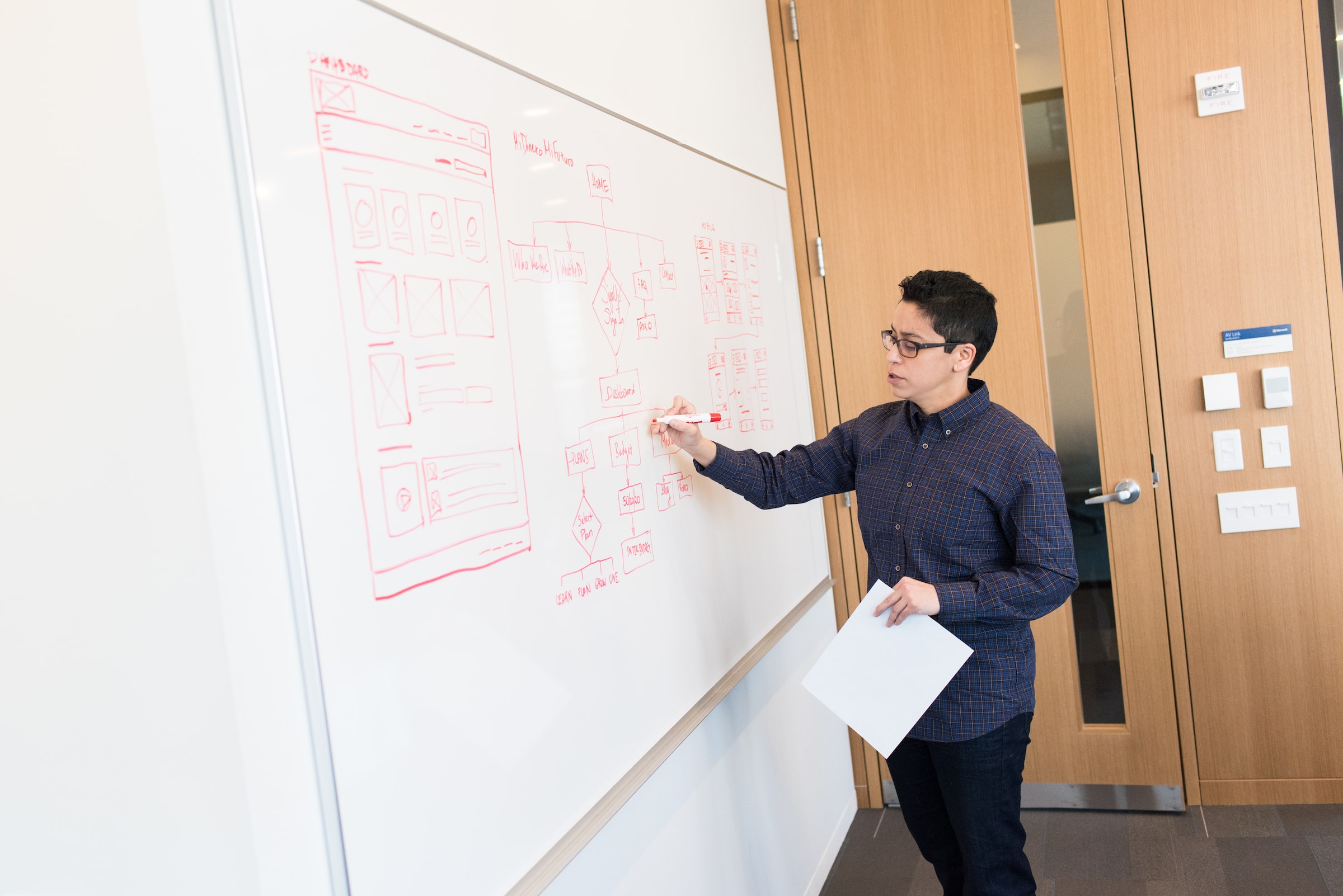Tech and education: How automation and AI are powering learning in Singapore
 Tech and Education! Photo by Christina @ wocintechchat.com on Unsplash
Tech and Education! Photo by Christina @ wocintechchat.com on Unsplash
The education sector has gone through huge changes in recent years. With massive open online courses gaining popularity, attending classes with an instructor at the front of a physical room is no longer the only way to learn.
The pandemic has only accelerated this trend, as students and educators alike were forced to adapt to circumstance and had to fully embrace online learning.
Yet the industry is still evolving rapidly, with automation and artificial intelligence set to make a big impact. Here’s a look at some of the changes that are already underway.
Automated English marking systems
As part of Singapore’s national AI strategy, the Ministry of Education is working on rolling out automated marking systems for primary and secondary English language assignments such as open-ended, short-answer questions and essays.
These AI-powered systems will catch language errors such as in grammar, spelling and syntax. The teacher will focus on higher level concepts such as marking for ideas, structure, content, creative expression, persuasiveness, and tone. MOE believes this will enable teachers to spend less time on routine assignments, giving them more time to design effective lessons and strengthen relations with students.
Another benefit of the system is its ability to collect data on common grammar mistakes so that teachers can work on these areas with their students.
The ministry will not be using these systems for marking exams, including the Primary School Leaving Examination.
Adaptive learning systems for mathematics
Students learn at different pace and a teacher often has to deal with a class where some have already grasped the concept while others are still struggling. To address this, MOE has been trialling an adaptive learning system enhanced by machine learning that can assess student performance in real time and adjust their learning pathways accordingly.
In one school, students completed modules on maths subjects before class and teachers received reports on their performance. In the classrooms, the students were able to ask better questions about the subject and discuss how the maths could be used in real life situations.
The teachers could also mix students of different abilities together so that they could do peer learning and teaching.
Those working on the system are now taking in teachers’ feedback, such as the need for more localised examples and the ability for students to enter their mathematical working into the programme.
AI-enabled learning companion
Another project from the Smart Nation initiative is the development of an AI-enabled learning companion. It will be able to support holistic learning by motivating the student while he or she is doing a challenging task, encourage reflection on the learning experience, and recommend further learning activities.
While the use of AI as a learning companion is still relatively new, there are promising areas to explore. For example, AI can be used to detect a student’s engagement level with the study material by tracking the student’s eye moment and the duration spent on specific parts of the document.
For maths problems, the companion can identify the part that is presenting problems for the student and provide hints, resources, or prompts for an alternative method.
While recognising AI’s potential as a learning companion, it is also important to acknowledge its limitations. For instance, interpreting a student’s behaviour during the learning process might be a task that is complex for AI. Can it correctly read the facial expression of a student and tell if he or she is concentrating or simply spacing out?
Training teachers to use AI
With technology rapidly evolving, teachers must keep up with changes and upskill accordingly. The National Institute of Education announced in May 2022 that it will step up efforts to train teachers to employ AI in teaching.
By 2026, topics about artificial intelligence in education will be offered for trainee teachers at all levels, including undergraduates, post-graduate and in-service teachers. As part of a five year plan called AI@NIE, the institute will also invest in research and innovation to use artificial intelligence for education.
AI as a complement, not replacement
Even as Singapore explores ways to increase AI’s usage in education, experts and officials have reiterated that technology will never fully replace the crucial role that teachers play in educating and guiding students.
After all, teachers are not just repositories of facts and figures that are regurgitated to students. They nurture, inspire, and encourage young minds to stretch their curiosity. They also provide human communication and support as youngsters mature and find their place in the world. These are roles that AI will not be able to take on.
As Minister-in-charge of the Smart Nation initiative Vivian Balakrishnan said: “At the heart of education is interaction… I do not believe that AI will ever replace teachers.”
https://www.tech.gov.sg/media/technews/tech-and-education-how-automation-and-ai-is-powering-learning-in-singapore
